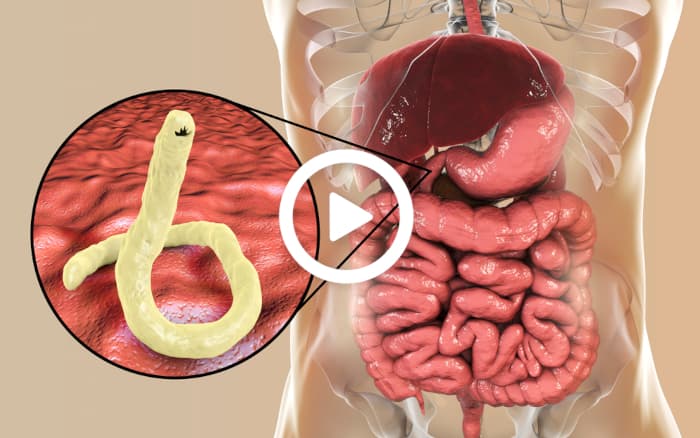Best Way To Reduce Thyroid Muscle Pain And Weakness : How To Get Rid Of Joint Pain ?
Thyroid disorders such as hypothyroidism, Hashimoto’s disease, and hyperthyroidism often present with muscle pain, weakness, and joint discomfort. Despite conventional treatments, managing these symptoms can still be challenging.
Thyroid hormones are crucial for maintaining muscle health. Both deficiencies and excess of these hormones can lead to muscle damage. In hypothyroidism, muscle fibers do not regenerate efficiently, while in hyperthyroidism, there’s an excessive muscle breakdown.
Joints are also affected due to insufficient regeneration of protective cartilage, accelerated degradation, and inflammation caused by conditions like Hashimoto’s disease, leading to joint pain.
Patients with thyroid disorders often experience fluid retention, causing swelling and discomfort in muscles and joints. Additionally, poor mitochondrial health, worsened by thyroid imbalances, contributes to pain and inflammation.
Gradually incorporate light strength training to bolster muscle strength without exacerbating pain. As endurance improves, adding more aerobic activities is possible.
A proper diet is key in managing thyroid health. Focus on anti-inflammatory foods and eliminate processed foods, gluten, and dairy. Include quality proteins, such as those from meats or legumes, to support muscle maintenance.
Consuming deep-colored fruits and those rich in polyphenols, like beet and pomegranate juices, has shown to reduce muscle inflammation. In addition, spices like turmeric and ginger, alongside omega-3-rich foods, contribute to lowered inflammation.
- Curcumin: Derived from turmeric, this supplement reduces inflammation and enhances muscle strength. A daily intake of 1,000 to 2,000 mg is recommended.
- Omega-3 Fatty Acids: Essential for reducing exercise recovery time and inflammation. Aiming for 1,000 to 2,000 mg of EPA and DHA daily is suggested.
- Vitamin D: Crucial for joint and muscle pain alleviation. If levels are below 40, begin supplementation.
- Boswellia and Collagen: These aid in lowering inflammation and improving both muscle and joint function.
In conclusion, understanding the link between thyroid disorders and the associated physical discomfort allows for targeted management. By incorporating strategic lifestyle changes and supplements, you can alleviate the muscle and joint pain while supporting overall health.
From Around The Web
Wellness Inbox is a blog & weekly newsletter that curates trending news and products related to health and wellness from around the web. We also gather content from various sources, including leading health professionals, and deliver it directly to you.
Please note that we may receive compensation if you purchase any products featured in our newsletter. Wellness Inbox is not affiliated with, nor does it endorse, any health professionals whose content may appear in our newsletter. The information provided is for general informational purposes only and should not be considered medical advice.
The information provided is not intended to replace professional medical advice, diagnosis, or treatment. All content, including text, graphics, images, and information available is for general informational purposes only. We do not guarantee the accuracy or completeness of any information presented and assume no liability for any errors or omissions. The content is subject to change without notice. We encourage you to verify any information with other reliable sources and consult your physician regarding any medical conditions or treatments.







